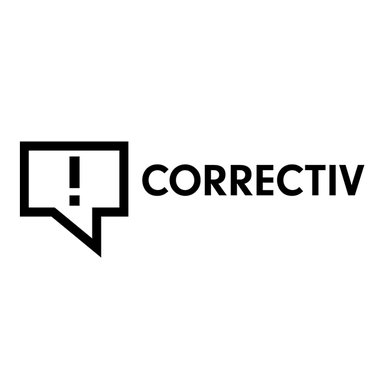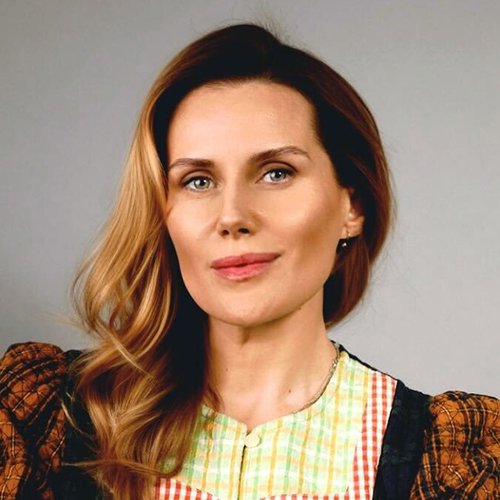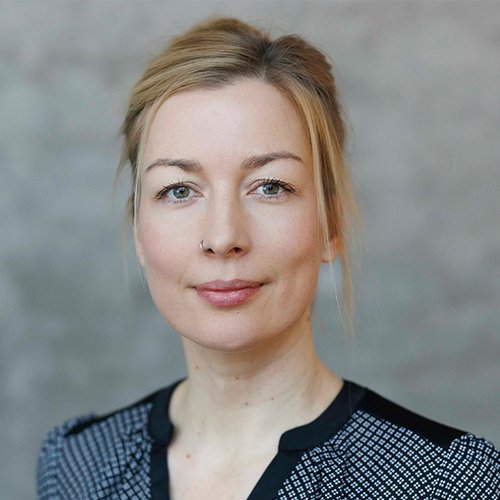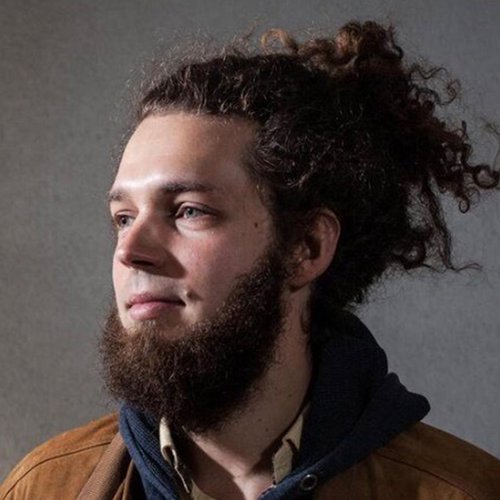ORGANISATIONS

CORRECTIV
CORRECTIV is a media house oriented towards the public good. It strengthens democracy through journalism, media education, and technology. As an award-winning non-profit newsroom, it shines a spotlight on power and injustices, expose disinformation, and provide arguments and methods for all those who want to participate in shaping their environment.
Attending the Media Village will be:

Joanna Krawczyk is Director of CORRECTIV.Europe, an editorial network and development program supporting 400 local journalists and newsrooms across 34 European countries. It is an international branch of CORRECTIV, a leading German nonprofit media house dedicated to strengthening democracy through investigative journalism, media education, and technology.
In the past, Joanna was Deputy Director East at the German Marshall Fund and Head of the Ukrainian Media Fund. Joanna led news partnerships at Gazeta Wyborcza and was President of the Board of Gazeta Wyborcza Foundation. She serves on the management board of the EMIF, and on advisory boards of Journalismfund, and Allianz Foundation’s Risktakers project.

Frida Thurm joined CORRECTIV.Europe as a reporter in October 2024.
Prior to that, she was the editorial lead of the socio-political section of the German newsroom Zeit Online, where she worked as a journalist for over ten years. She is interested in how political and economic forces shape people’s daily lives – and what structural problems need to be addressed.
Frida was awarded the Coburg Media Award and nominated for the German Reporter Award.
She studied political science in Berlin and Amsterdam and completed her training as a journalist at Henri-Nannen-School of journalism in Hamburg.

As a reporter for CORRECTIV.Euorpe, Marius Münstermann shares his investigations and data stories with a growing network of local journalists and newsrooms across Europe.
His investigations focus on environmental crime, in particular the illegal trade in waste, as well as farming and extractive industries. Marius heads the Demolition Atlas Europe project, a digital map and platform that citizens can contribute to in order to make the dimensions of the mass demolition of buildings visible. Based on this crowd-generated database, he investigates the ecological and social impact of the construction, demolition and waste management industries.


